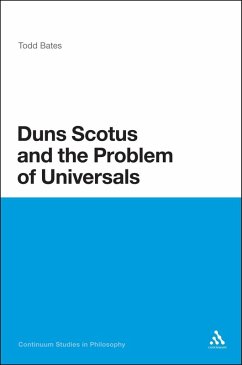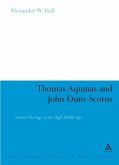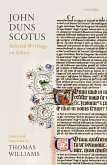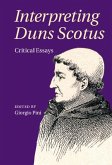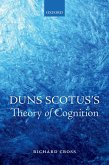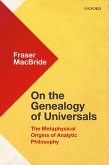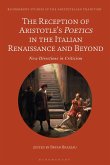John Duns Scotus (d.1308), known as the 'subtle doctor' among medieval schoolmen, produced a formidable philosophical theology using and adapting an Aristotelian metaphysical framework. Critical of Thomas Aquinas' grand Summas, Scotus died before producing a final synthesis of his own. Indeed, his work, left in disarray for centuries, has only recently become available in an edited format. Contemporary metaphysics, taking up the problem of universals, treads on ground already well-worked by Scotus.
Duns Scotus and the Problem of Universals shows how Scotus' treatment of the problem of universals is both coherent and, even by contemporary standards, cogent. Todd Bates recovers and sets out Scotus' understanding of the structure of material substance, reconstructs Scotus' arguments for universals and haecceities, and shows how Scotus' theory applies to the metaphysics of the Incarnation. This book makes an important contribution to a neglected but crucial area of Scotus scholarship.
Duns Scotus and the Problem of Universals shows how Scotus' treatment of the problem of universals is both coherent and, even by contemporary standards, cogent. Todd Bates recovers and sets out Scotus' understanding of the structure of material substance, reconstructs Scotus' arguments for universals and haecceities, and shows how Scotus' theory applies to the metaphysics of the Incarnation. This book makes an important contribution to a neglected but crucial area of Scotus scholarship.

